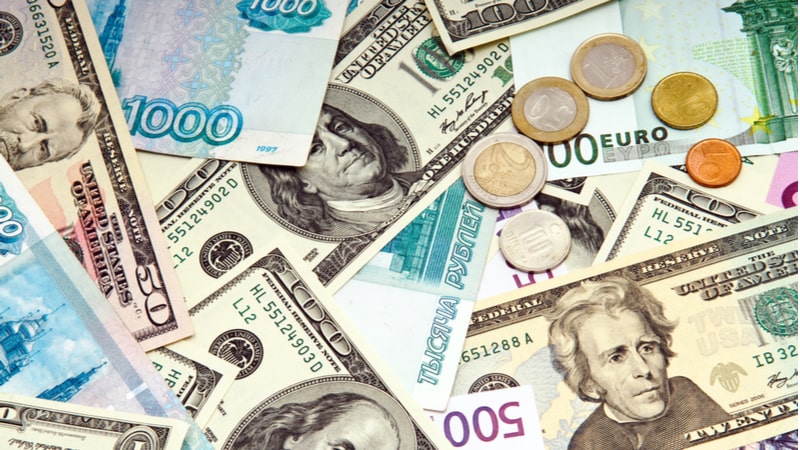As of December 1, the foreign reserves stood at USD 776.63 million
By Sangay Dorji
Thimphu
According to state of nation report, foreign reserves in the country will last for next 13 months to import essential goods.
Article 14, section 7 mandates, “A minimum foreign currency reserve that is adequate to meet the cost of not less than one year’s essential import must be maintained”
As of December 1, the reserve stood at USD 776.63 million (m) while the minimum requirements by central bank’s threshold of USD 757M.
However, due to lower inflow of grants the net financial inflows which are used to finance the current account deficits is decreasing. This has impacted gross international reserves.
The foreign currency reserve is decreasing, putting the nation’s capacity to finance essential trade and foreign exchange reserves at jeopardy.
The gross international reserve depleted from USD 1,559.2 million in the fiscal year 2020-21 to USD 1,120.5 million in the fiscal year 2021-22
According to the report the reserve position in the near-term will remain lagged and below pre-pandemic level with the expected surge in imports, prolonged rising inflationary pressure and depreciation of exchange rate in emerging economies.
According to Economic Minister Loknath Sharma inflation will continue to hit the economy of country hard as energy prices are rising globally including the price of fuel which is not consistent.
He said,” If fuel price is inconsistent and keeps on rising, inflation is certain as many of goods are not manufactured rather we import”
He further said that the export of India has decreased by 17 percent which will have pressure in India. This decrease in export of India will impact the Bhutanese economy as India is one of the main export partners of Bhutan.
Government to promote the domestic product and to save foreign reserves, taxes are levied on processed goods, can meat, pork, chicken and tobacco products so that people spend rationally and import essential items.
Further the report states, “If we resort to the conventional style of investing more, or offering more incentives this time around, implications on inflation and foreign reserve reek crises”
According to Economic Minister the conventional style of investing in the reports translates to exporting of raw materials to third country and importing the product back as finished product for double the price.
He said, “For example areca nuts from southern belt are exported to India unripe for nu. 70-80 per kilogram which get processed and are imported back to country as finished good which cost around nu. 170 Per kilogram. That means we are exporting primary goods and import the same finished products for double the price”
He further gave an example about mining of dolomite, he said, “We export dolomite to India in raw form and its goes through steel industry and we buy iron and steel from India at very high price. Similarly, we export raw gypsum to Bangladesh and India and, we continue to buy construction materials from them which is the cause of depletion of foreign reserves”
“If we do sensible investment; invest in value added goods which has a good certification, why can’t we export and generate revenue”, added the Minister.
However, according to the report in order to prevent breaching of the constitutional requirement, appropriate policy measures will be pursued to build the external reserves and to avert any economic vulnerabilities and shocks.
 BHUTAN TODAY The New Perspective
BHUTAN TODAY The New Perspective

